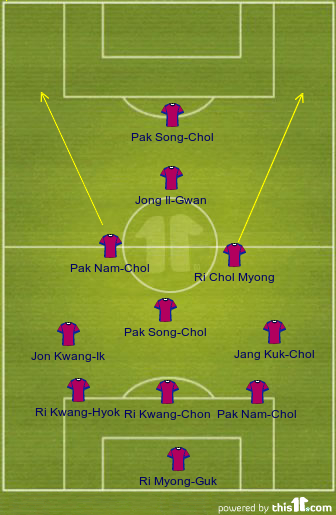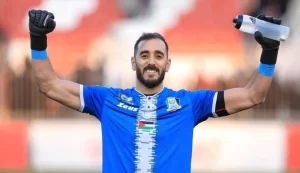It is, without a doubt, the biggest game game in Palestine’s footballing history and will only be eclipsed should Palestine win and make the final next week. Al-Fursan are two wins away from a place at Australia 2015 alongside the hosts, holders Japan, and Korea Republic. Before dreaming of kangaroos and koalas the Palestinians must find a way past DPR Korea- the current Challenge Cup holders. The Chollima were also World Cup Finals participants in 2010- making this Palestine’s first game against a finalist since their 2-0 loss to Iran in the 2007 WAFF Championships.
Al-Fursan will most likely not outlast the Chollima in a marathon 120-minute match. Playing out a 0-0 stalemate as they did last week against Turkmenistan will most definitely play into the hands of the North Koreans whose fitness levels are amongst the best in Asia. That said, Palestine do have an extra day’s rest and are more battle-hardened than the Koreans who have been coasting since their 3rd minute goal against Tajikistan in their second game. Palestine on the other hand were not sure of qualification until Houssam Wadi’s 59th minute opener against the Maldives. In sports, sometimes the team that has had the easy route can get caught up in a complacent attitude. We shall see if that is the case with DPR Korea tomorrow.
DPR Korea’s Approach
As mentioned in an earlier post the Koreans will most likely line up in a 3-3-2-2. More often than not that leaves the Koreans defending with six players and attacking with four. The wingbacks, unlike in a traditional 3-5-2, do not bomb forward and are instead instructed to focus on covering the space behind them. That said, the Koreans saw so much of the ball in the Group Stage that the wingbacks did push forward. When DPR Korea do not have the ball they will often drop eight men into their own half and press for the ball.





